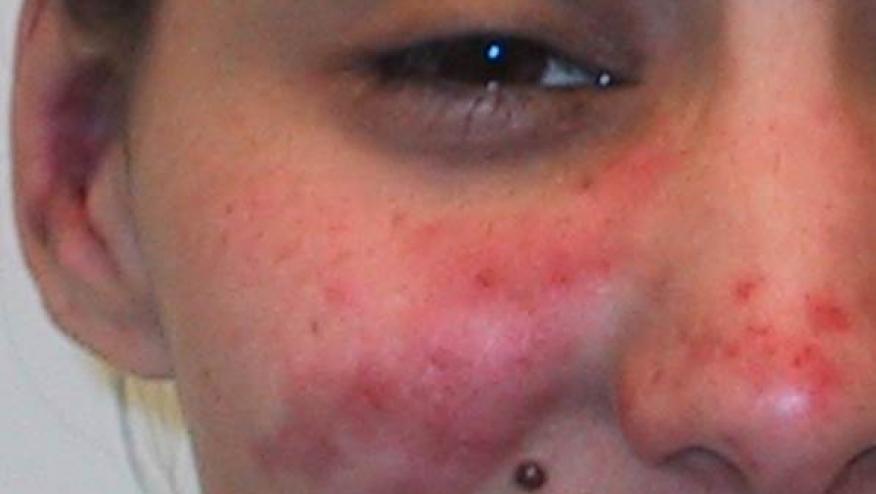TULIP2 - Anifrolumab Succeeds in Lupus Save

NEJM has published the results of the TULIP2 trial with anifrolumab, an alpha interferon blocker, in the treatment of systemic lupus erythematosus (SLE), showing significant improvement (over placebo) in multiple lupus outcome measures, including BICLA, SRI-4, CLASI and others.
A total of 362 SLE patients were randomized to receive intravenous anifrolumab (300 mg) or placebo every 4 weeks for 48 weeks. The primary end point of this trial was a response at week 52 defined with the use of the British Isles Lupus Assessment Group (BILAG)–based Composite Lupus Assessment (BICLA).
Patients were required to have moderate to severely active SLE, with a SLEDAI-2K score of 6 or higher (excluding points attributable to fever, lupus-related headache, or organic brain syndrome) and a score on the clinical SLEDAI-2K (SLEDAI-2K without laboratory results) of 4 or higher. At enrollment >70% of patients had a SLEDAI-2K score >10. Patients remained on their background therapies (steroids ~80%, hydroxychloroquine ~70%, immunosuppressives nearly half) during the trial.
At 48 weeks the BICLA response was 47.8% in the anifrolumab group and 31.5% in the placebo group (P=0.001).
While over 80% of patients had a high alpha interferon gene signature, the response rates were similar when looking at all patients (48% versus 30.7%).
Herpes zoster (7.2% vs. 1,1%) and URI (21.7% vs. 9.9%) were more common in patients who received anifrolumab (vs. placebo). There was one death from pneumonia in the anifrolumab group.
These results contrast to the findings of the similar, previously reported, TULIP1, phase 3 trial that used the SRI-4 primary end point.










If you are a health practitioner, you may Login/Register to comment.
Due to the nature of these comment forums, only health practitioners are allowed to comment at this time.